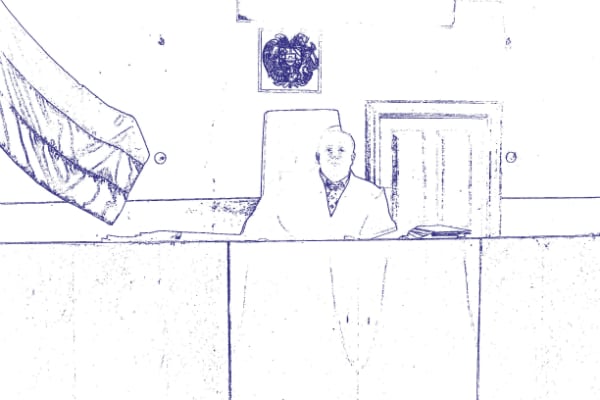
Any media report from the onset aims to shape public opinion regarding the activities of officials and public figures — through inspiring or persuading people.
The aim is to change people’s consciousness, since this way they can become loyalists. It has to be said as well that the great demand for scandalous news stories is due to the existence of negative stereotypes when it comes to officials. The ordinary citizen’s powerlessness and the public’s reluctance toward them also shapes a sense of hidden revenge.
While for the official, the “spiced up” articles are a specific occasion for unloading negative emotions (“how I calmed down when they wrote about…”, “what a bold reporter”, and so on). Of course, this is actually an imitation of letting out steam. As a rule, such articles have a highly emotive charge; their target is people’s emotions, an assessment, not an analysis of arguments (he did it or didn’t; another did it and punished him).
Its final purpose is to shape positions in the audience’s consciousness, and if they already exist as such, then to strengthen them — by causing positive or negative emotions in people. And it turns out that on one hand, the consumer gets what he expected, while the provider gets ratings and sales.
What do we have today? In many cases, dishonest information providers, without checking the facts, pursuing specific interests — “I must be sold, a scandal is needed”; on the other hand, an audience that demands that information, if we consider that also particular to our ethnopsychology is a great interest in the private lives of others, and on the other hand, public figures who, nevertheless, still have not realized this basic fact — that being a public figure also means being under the constant scrutiny of society.
However, presently, the means of physical influence have been replaced by financial influence, which has created a negative psychological backdrop in the media industry — for both news outlets and those searching for news.
The endless court cases and fines have not restored freedom of speech, but rather in many cases, reaching extremes, have shaped an atmosphere of fear, compelling the principle “Don’t write it, so you won’t be sued”.
When a law-restricting mechanism turns into a punitive machine, it, indeed, not only approaches censorship, but also harms even our imitation of democracy.
We haven’t found the golden middle, but we’re not even searching for it. When a journalist doesn’t want to bother even a little bit, finding and publishing the facts, so that the consumer forms his own opinion on a public figure, then instead, she has to season the article with epithets costing millions.
There’s a limit where criticism ends and insult begins. The fact is, some Armenian news agencies are standing on this edge, while others have long crossed the border. But on the other hand, ruin is not the only way with which to get a journalist back on the right path.
In all relationships, there are always secondary interests. On the balance scale we’ve placed freedom of speech and a person’s good reputation. Values essentially equal to each other, but mutually exclusive in their current application.
We have several sources of acquiring information: you want to read gossip and dirt? There are sources, however many you want. You want to caress your ears with praises, that everything is brilliant in Armenia? As much as you want — but in this variegated mix, the right of the group of consumers who are searching for objective, fact-checked and impartial information, who still can and want to think and form their own opinions, is not actually ensured — the problem stems from here.
They serve me fabricated opinions, and I gradually cease to think. The psychology of slaves…
Sofya Avagyan
The views expressed in the column are those of the author's and do not necessarily reflect the views of Media.am.

Add new comment
Comments by Media.am readers become public after moderation. We urge our readers not to leave anonymous comments. It’s always nice to know with whom one is speaking.
We do not publish comments that contain profanities, non-normative lexicon, personal attacks or threats. We do not publish comments that spread hate.